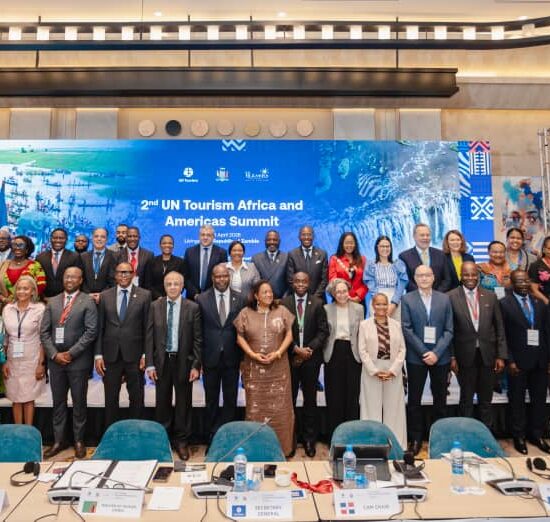
HH awards 20% salary increment to CJ Malila
In a move that has generated public attention and questions from some civil servants, President Hakainde Hichilema – HH has awarded a 20% salary increment to the Chief Justice Mumba Malila.
This is in comparison to the about 7 to 10% (K550 across the board) salary increments awarded to most government employees and civil servants for 2024.
The recent statutory instrument, number 34 of 2024, revealed that President Hichilema has elevated the Basic Salary per annum for Chief Justice Mumba Malila to over K511,500.
This marks a significant increase of about 20% from the Chief Justice’s previous Basic Salary per annum of K431,131 as of June 2023, as indicated in an earlier statutory instrument number 17 of 2023.
According to statutory instrument number 34 of 2024 seen by the Zambian Business Times – ZBT, President Hichilema raised the Basic Salary per annum for Chief Justice Mumba Malila to over K511,500.
According to the statutory instrument number 17 of 2023 seen by the Zambian Business Times – ZBT, the Chief Justice’s Basic Salary per annum was K431,131 as of June 2023.
This move comes at a critical time of austerity for the nation as it grapples with the adverse effects of the prevailing drought conditions and some policy pitfalls.
President Hakainde Hichilema has also signed off and awarded salary increments to the Deputy Chief Justice, the President of the Constitutional Court, the Constitutional Court judges, the Supreme Court judges, the Court of Appeal Judges, and the High Court Judges among many others.
The decision to boost the Chief Justice’s salary amidst this challenging period has raised concerns as the country is grappling to find solutions and resources to deal with the current power crisis and generally tough economic conditions for the majority.
Critics argue that President Hichilema and his administration focus should be on addressing the pressing issues brought about by the drought, such as food insecurity and agricultural support.
They underscore the importance of prioritizing resources to alleviate the impact of the drought on the population and ensure the country’s resilience in the face of such challenges.







